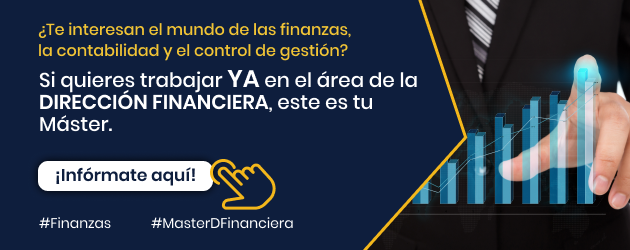Loans and credits
Loans and credits are fundamental financial tools for people and companies seeking acquire goods or finance projects, either short-term or long-term. Although the two terms are often used interchangeably, there are key differences between them. In this article, we'll explore the characteristics of loans and credit, how to use them responsibly, and what to consider before taking one out.
Loans and credits: What are they and how do they differ?
A loan is an amount of money granted to a person or entity with the obligation to repay it in periodic payments., usually along with the agreed-upon interest. Loans have a fixed term and a predetermined interest rate. Once the loan is repaid in full, the relationship between the lender and borrower ends.
Instead, Credit is a revolving line of financing that allows a person or company to borrow up to a certain limit.. The credits They can be revolving, meaning that as borrowed money is repaid, it is released back into the system for use, or non-revolving, meaning that once all available credit is used, no more funds can be accessed until it is fully repaid.

Responsible use of loans and credits.
Both loans and credit can be valuable in achieving financial goals, but it's essential to use them responsibly. Some tips for responsible use include:
1. Evaluate the needBefore applying for a loan or credit, it's important to assess whether it's really necessary and whether you have the ability to repay it in the future.
2. Understanding the terms and conditions: Carefully read the terms of the contract, including interest rates, fees, and payment terms, to avoid unpleasant surprises.
3. Plan your paymentsHaving a clear plan for making payments on time is essential to avoid additional late fees and protect your credit history.
4. Do not exceed the credit limit: If you use a line of credit, it's critical not to exceed the established limit, as this could negatively affect your credit rating.
5. Compare offers: Before deciding which loan or credit to apply for, it's a good idea to compare different options to get the best possible terms.
Important considerations:
When taking out a loan or credit, there are some important considerations to keep in mind:
1. Payment capacity: Before committing to a loan or credit, it's crucial to analyze whether you have the financial capacity to meet the required payments.
2. Total cost: Understanding the total cost of the loan, including interest and other fees, is essential to assessing whether it is viable and affordable.
3. Guarantees and endorsements: Some loans may require collateral or guarantees, which means assuming additional risks in the event of default.
4. Interest rate: The interest rate plays an important role in the final cost of the loan or credit, so you should look for the most favorable option.
5. Credit history: A good credit history increases your chances of getting better terms and more financing options.
In conclusion, Both loans and credits are useful tools for financing projects, acquiring goods or facing financial emergencies.However, it's essential to use them responsibly and carefully evaluate the terms and conditions before committing. A responsible financial approach and a clear understanding of the associated terms and costs are essential to avoiding financial problems and protecting credit health. When used properly, loans and credit can be useful allies on the path to financial stability.
Don't miss all the latest news in the Financial area from the best professionals in the sector in our Master in Financial Management, Accounting and Management Control.




































